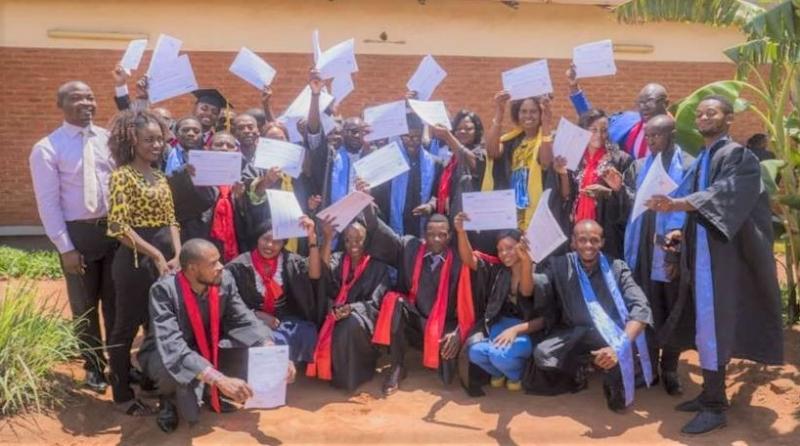From France to Malawi, Konexio helps vulnerable people get digital training at home during COVID-19 crisis that will help them find jobs
By Chris Welsch
The team at Konexio made a sober assessment during the COVID-19 pandemic: The group’s model had to change.
Konexio’s mission is to prepare vulnerable populations in France and Malawi for future employment by providing classroom training in basic computer skills. The pandemic has moved more business activity online, increasing the need for Konexio’s training and prompting them to build more online trainings.
“Our mentality is that the world will just not be the same after COVID,” says Jean Guo, co-founder of the organisation. “Instead of things going back to normal in three to six months, we’re seeing that things will be drastically changed, and the nature of our activities as well.”
“Forty-four percent of the population of Europe, about 169 million people, is ill-equipped with even basic digital skills for the workplace,” she says.
Teaching core skills
Konexio had been working out of a dozen centres in Paris and in a refugee camp of 40,000 people in Malawi. Students learn basic computer skills and internet navigation, as well as programs like Word and Excel. Various partnerships and government support enable Konexio to offer the classes free of charge. The classes are held in French and students must have an A2 level in the language to participate. This level is functional but far from fluent.
Konexio has already started adapting to the changes it anticipates. It moved one course online and is working on converting others. The group is redesigning its mentorship programme as well, changing to a one-to-one model. Participating mentors from large companies in Paris work directly with Konexio students.
Jean is painfully aware that many beneficiaries of Konexio training are not ready to access an online course, but she is hopeful about a new initiative from the French government, for which Konexio is providing content and support, called “Solidarité Numerique,” or “Digital Solidarity.” This programme provides a telephone number that people can call for assistance with basic online tasks, like contacting a government office, finding a doctor, or looking for work. According to the French government, about 13 million people in France are “digitally excluded.”

Malawi students after completing a Konexio class on computer skills.
Setting sights higher
“We’re asking ourselves how we can make our activities more impactful and durable post-COVID, and also to reach out beyond the people who normally benefit from our activities,” Jean says. “It’s a larger call to action.”
Konexio is one of the past finalists in the European Investment Bank Institute’s Social Innovation Tournament. The tournament supports entrepreneurs who are making a social, ethical or environmental impact in their communities.
In the bigger picture, Jean is concerned about the situation in less-developed countries and in places like the refugee camp in Malawi where Konexio works. Because people are already living on a slender margin, there is less leeway to get through periods of crisis—and some aid groups have seen their donations cut.
More than 700 students have benefited from Konexio training, but this is only the beginning, Jean says. “We don’t want to be slowed down too much by COVID, so by 2023 we want to be up to 10 000.”